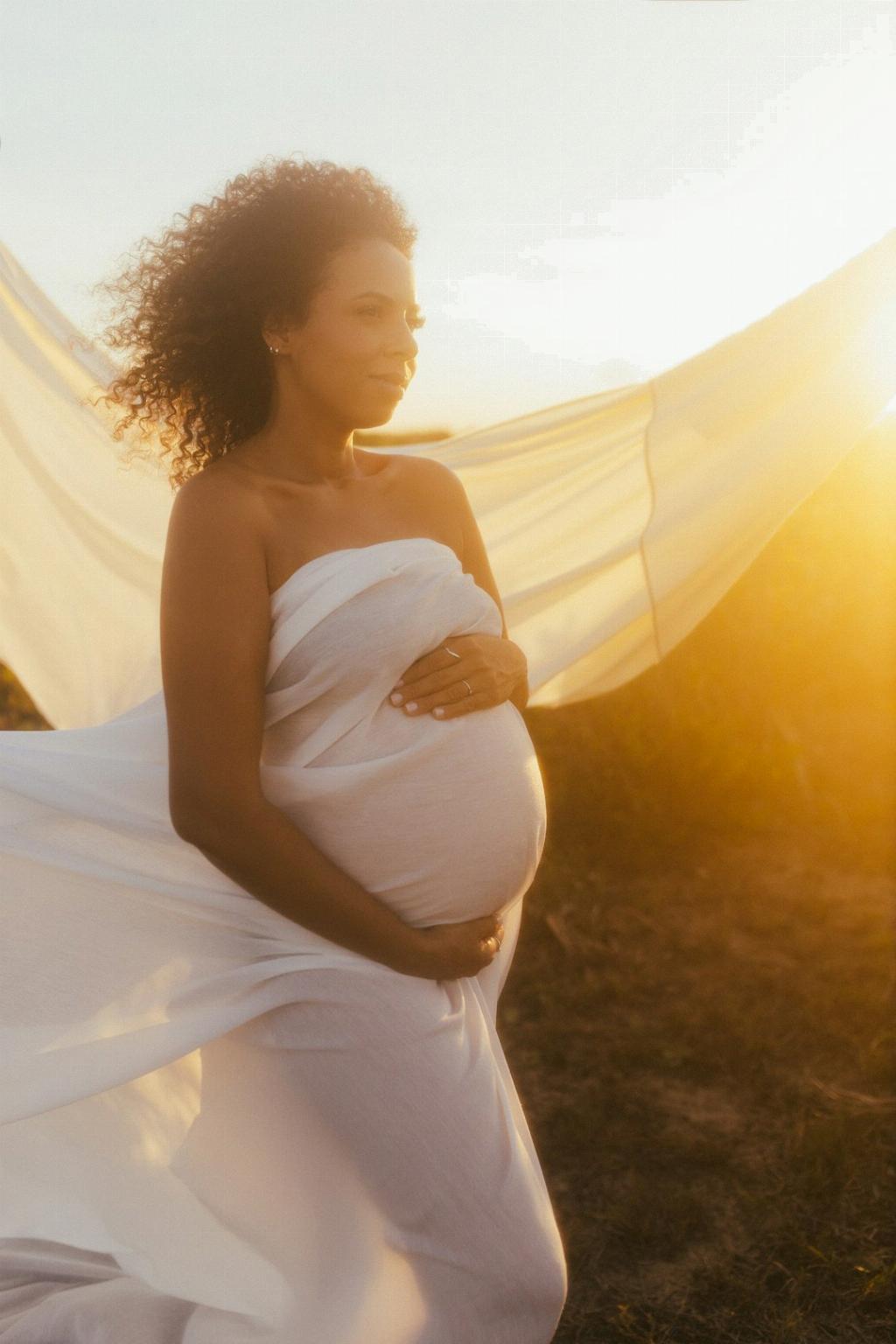When it comes to pregnancy, age can play a significant role in determining the level of risk involved. Women who are over the age of 40 may indeed face a higher risk pregnancy compared to younger women. This is primarily due to the natural aging process that affects fertility and overall health.
One of the key factors that contribute to the increased risk in pregnancies for women over 40 is the higher likelihood of experiencing first-trimester miscarriages and pregnancy loss. Studies have shown that older women have a greater frequency of these unfortunate events compared to women in their twenties or thirties.
Another aspect to consider is the potential for chromosomal abnormalities in pregnancies of older women. As women age, the quality of their eggs can diminish, leading to an increased risk of genetic conditions such as Down syndrome in the baby. This is why genetic testing and counseling are often recommended for women over 40 who are pregnant or planning to conceive.
Furthermore, older women are more likely to develop certain pregnancy-related complications such as gestational diabetes, high blood pressure, and placental issues. These conditions can pose risks not only to the mother’s health but also to the well-being of the developing fetus.
It is important to note that the overall health of the mother plays a crucial role in determining the level of risk in a pregnancy. Women over 40 who are in good physical health and have proper prenatal care can still have successful pregnancies. However, it is essential for older women to be aware of the potential challenges they may face during pregnancy.
Medical professionals recommend that women over 40 who are considering pregnancy should undergo a thorough preconception evaluation to assess their overall health and identify any potential risk factors. This can help in determining the best course of action to ensure a healthy pregnancy and childbirth.
Additionally, older mothers may need to be monitored more closely during their pregnancies to detect any complications early on and take appropriate measures to address them. Regular check-ups, ultrasounds, and specific screenings may be necessary to ensure the well-being of both the mother and the baby.
Despite the increased risks associated with pregnancy over 40, it is important to highlight that many women in this age group have successful pregnancies and give birth to healthy babies. With advancements in medical technology and proper prenatal care, the chances of a positive outcome are significantly improved.
In conclusion, while pregnancy over 40 may pose higher risks compared to younger pregnancies, it is essential for women in this age group to be well-informed, proactive, and closely monitored throughout their pregnancy journey. By working closely with healthcare providers and following recommended guidelines, older women can increase their chances of having a healthy and successful pregnancy.

